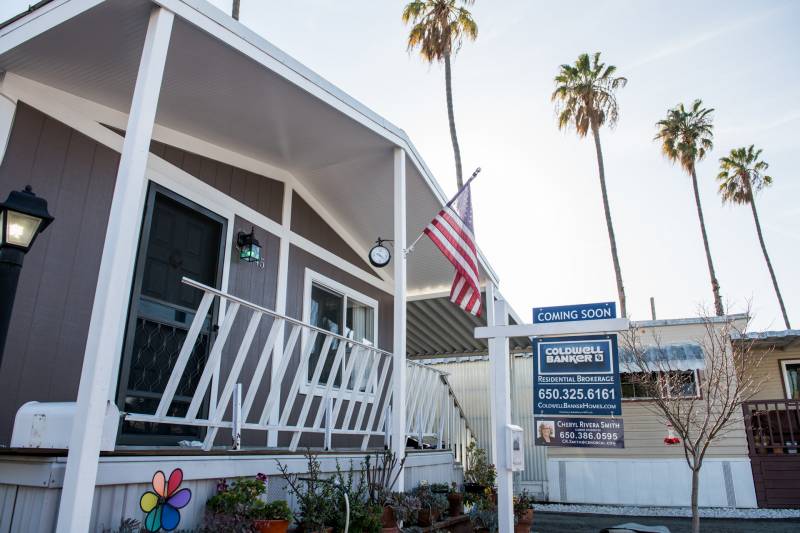Tenant groups and advocates are breathing a sigh of relief after the Judicial Council of California postponed a vote this week to remove emergency protections for renters and homeowners who have fallen behind on payments during the pandemic.
The council, which oversees policy decisions in the state’s courts, first voted to halt new evictions and foreclosure filings on April 6, as courts were closing due to the coronavirus.
“I’m so relieved,” said Michelle Pariset, a policy advocate with Public Advocates. “Advocates, assembly members, senators and all kinds of people have been talking to the Judicial Council … encouraging them to not change the rules right now, because we aren’t ready.”
On Monday, the council floated the idea of ending the protections on August 3, but reversed course after consulting with Gov. Gavin Newsom, lawmakers and residents, California Chief Justice Tani Cantil-Sakauye said Wednesday in a statement. Initially, the protections were set to expire 90 days after the governor lifted the state of emergency in California.
“We are at a point with the pandemic with no guidance in history, law, or precedent,” she said. “The rules we promulgated are temporary measures designed to protect the health and safety of the public while ensuring that access to justice remains available.”

